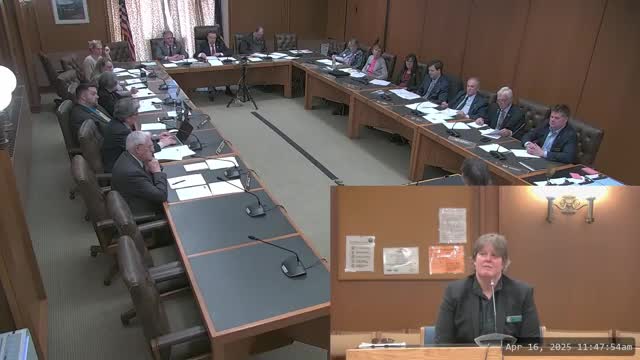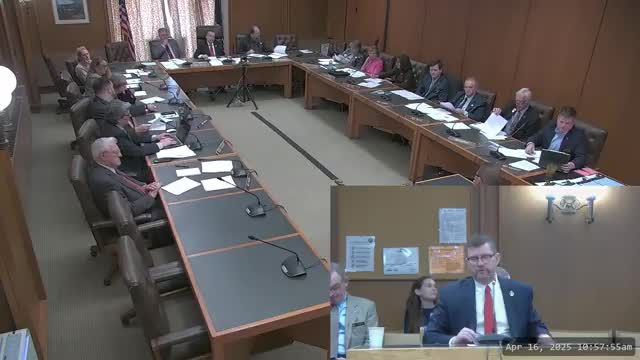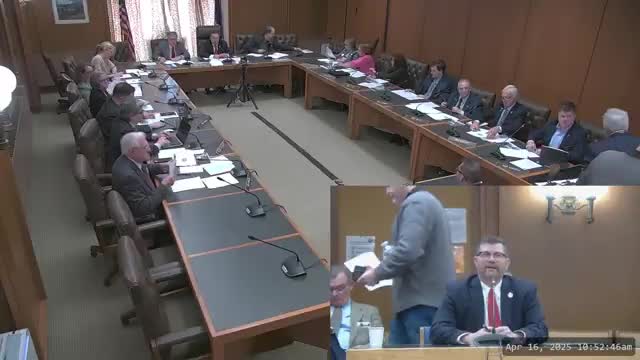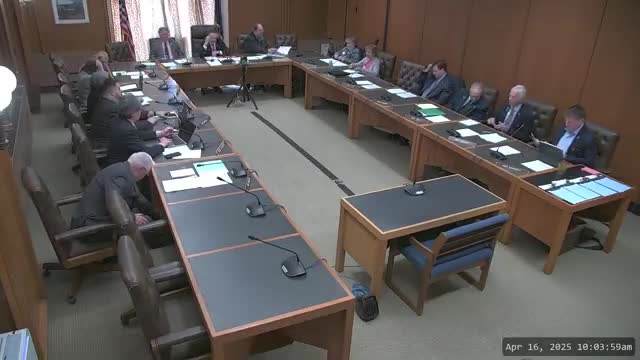Article not found
This article is no longer available. But don't worry—we've gathered other articles that discuss the same topic.

Committee backs faster permit-by-notification process for some alteration-of-terrain projects

Committee advances bill to let DES penalize contractors who repeatedly violate shoreland and stormwater rules

Proposal for Hampton Beach pier advances amid questions about cost, maintenance and local impacts

